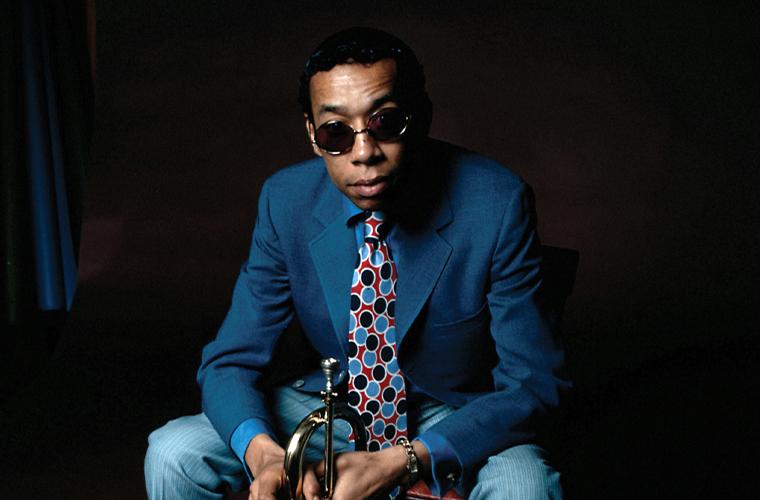Lee Morgan was an influential American jazz trumpeter and composer, known for his distinctive sound and innovative approach to improvisation. Born on July 10, 1938, in Philadelphia, Pennsylvania, Morgan began playing the trumpet at a young age and quickly established himself as a prodigious talent within the jazz community. Morgan’s early career was marked by collaborations with some of the most prominent figures in jazz, including Dizzy Gillespie, Art Blakey, and John Coltrane. His virtuosic playing and charismatic stage presence made him a sought-after sideman, and he quickly gained a reputation as one of the most exciting young talents in the genre.
In 1956, at the age of 18, Morgan joined Art Blakey’s Jazz Messengers, a group that would become synonymous with the hard bop movement. During his time with the Jazz Messengers, Morgan honed his skills as a bandleader and composer, contributing several original compositions to the group’s repertoire. Morgan’s solo career began to take off in the early 1960s, with a string of acclaimed albums for the Blue Note label. His 1963 album “The Sidewinder” was a commercial and critical success, reaching a wide audience with its catchy title track and infectious grooves. The album’s crossover appeal helped to bring hard bop to a new generation of listeners and solidified Morgan’s status as a leading figure in the genre.












Throughout the 1960s, Morgan continued to push the boundaries of jazz with his innovative playing and adventurous compositions. His music was characterized by its soulful melodies, complex harmonies, and driving rhythms, and he was known for his ability to blend elements of blues, funk, and Latin music into his sound. Tragically, Morgan’s life and career were cut short when he was fatally shot at the age of 33 by his common-law wife during a performance at a New York City nightclub. His untimely death sent shockwaves through the jazz community, leaving behind a legacy that continues to inspire musicians and audiences to this day.
Despite his premature passing, Lee Morgan’s impact on the world of jazz is undeniable. His contributions as a trumpeter, composer, and bandleader have left an indelible mark on the genre, influencing countless artists and shaping the evolution of jazz music for decades to come. His music remains as vital and relevant today as it was during his lifetime, a testament to his enduring talent and creative vision.

